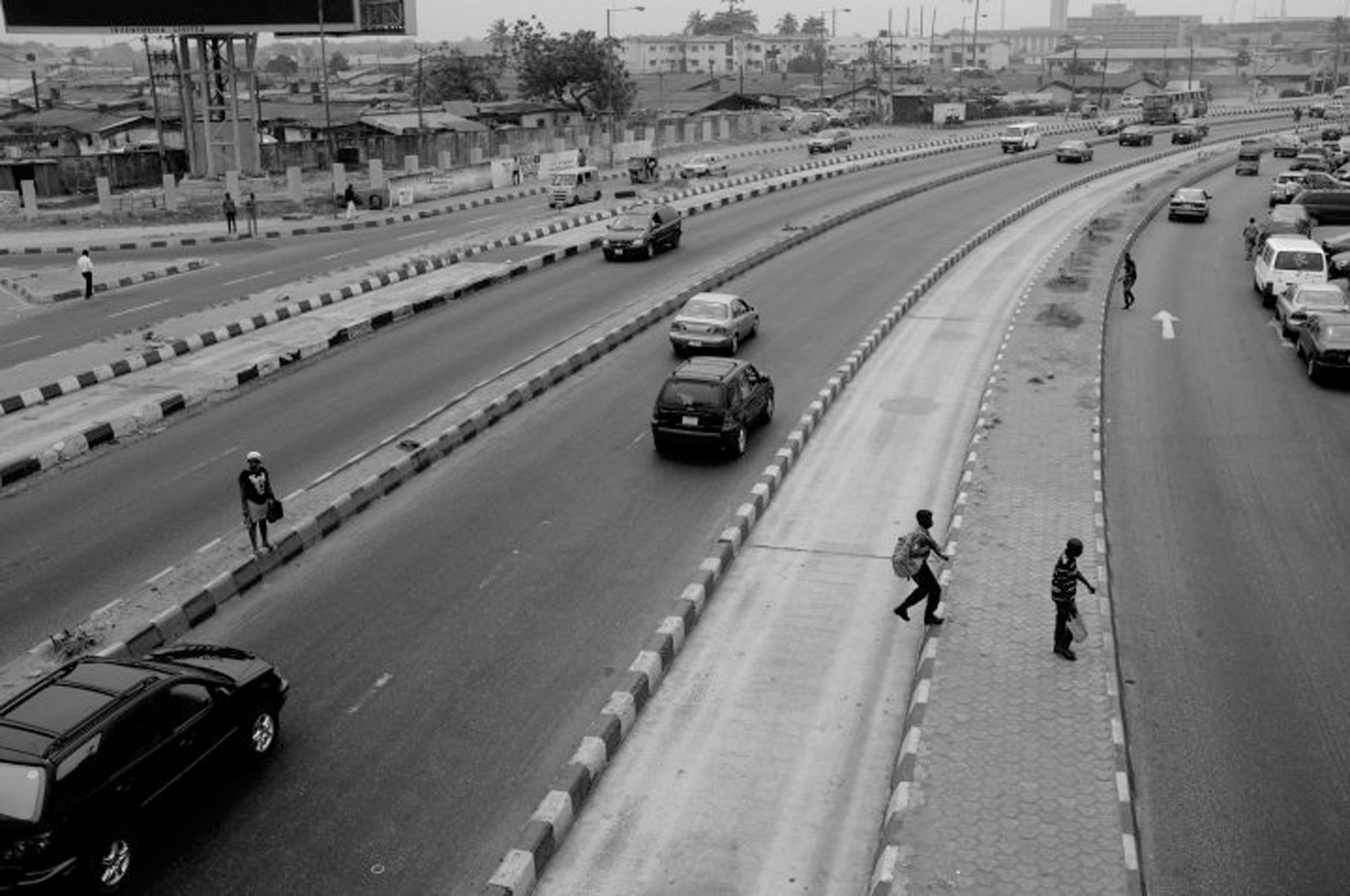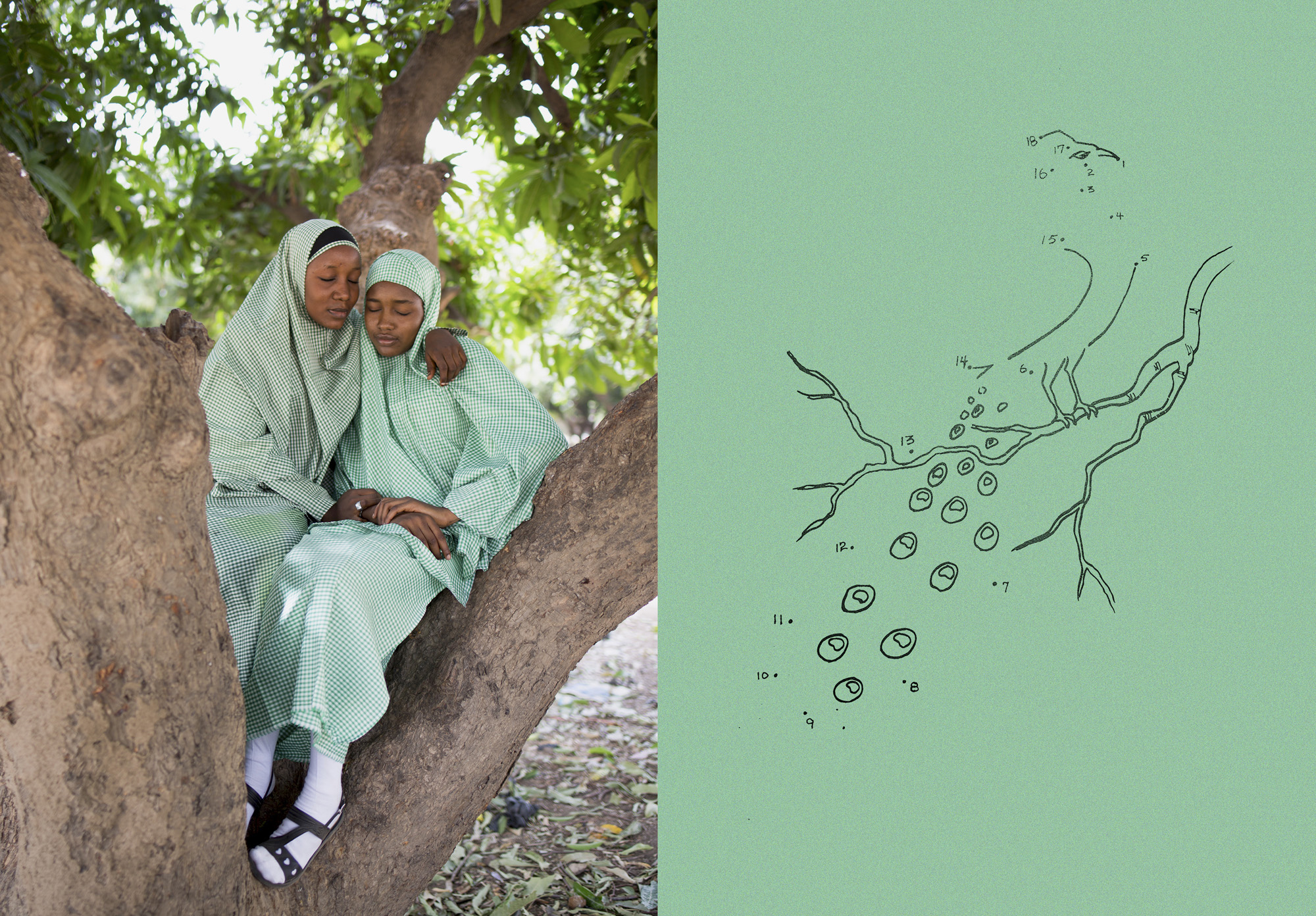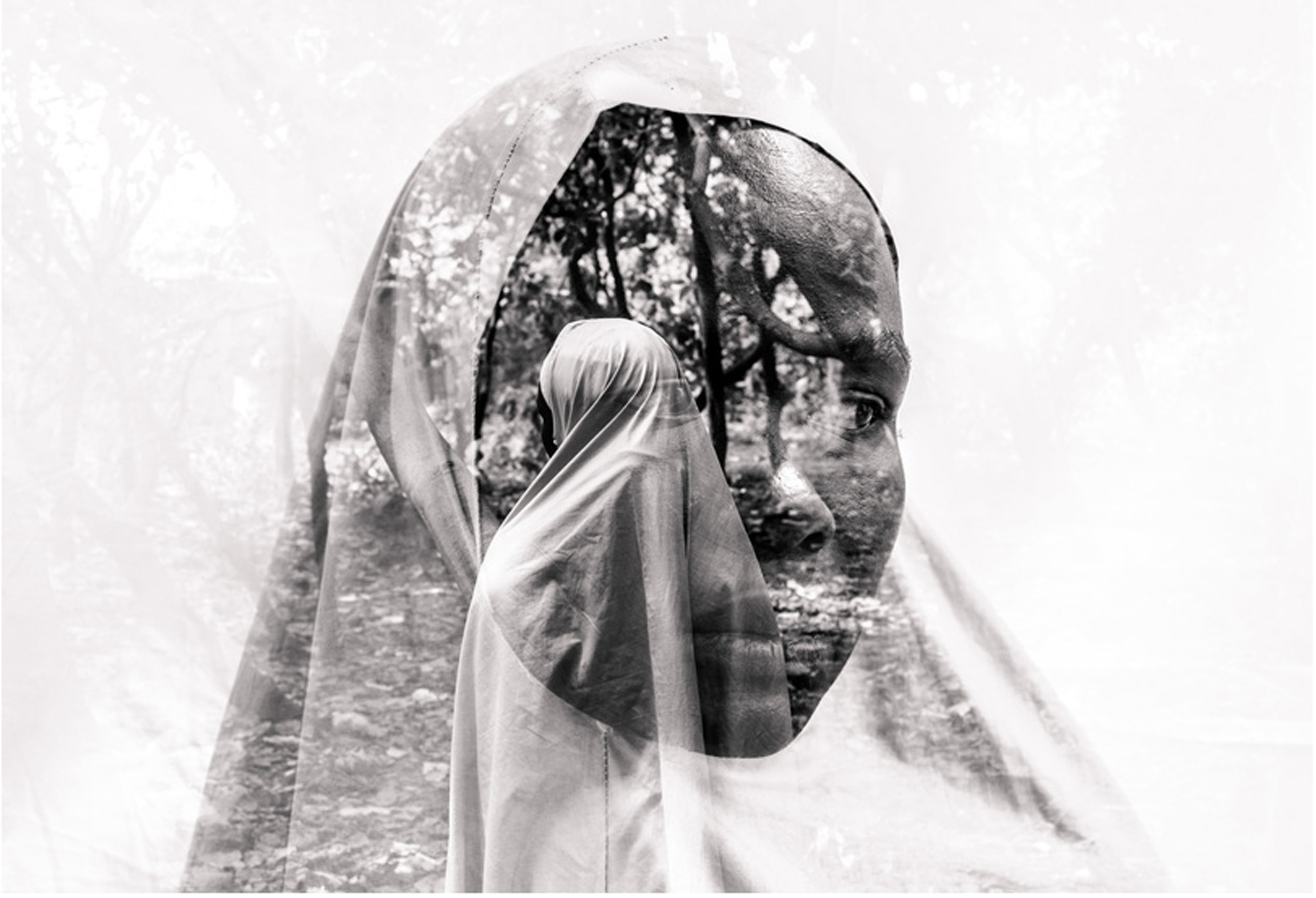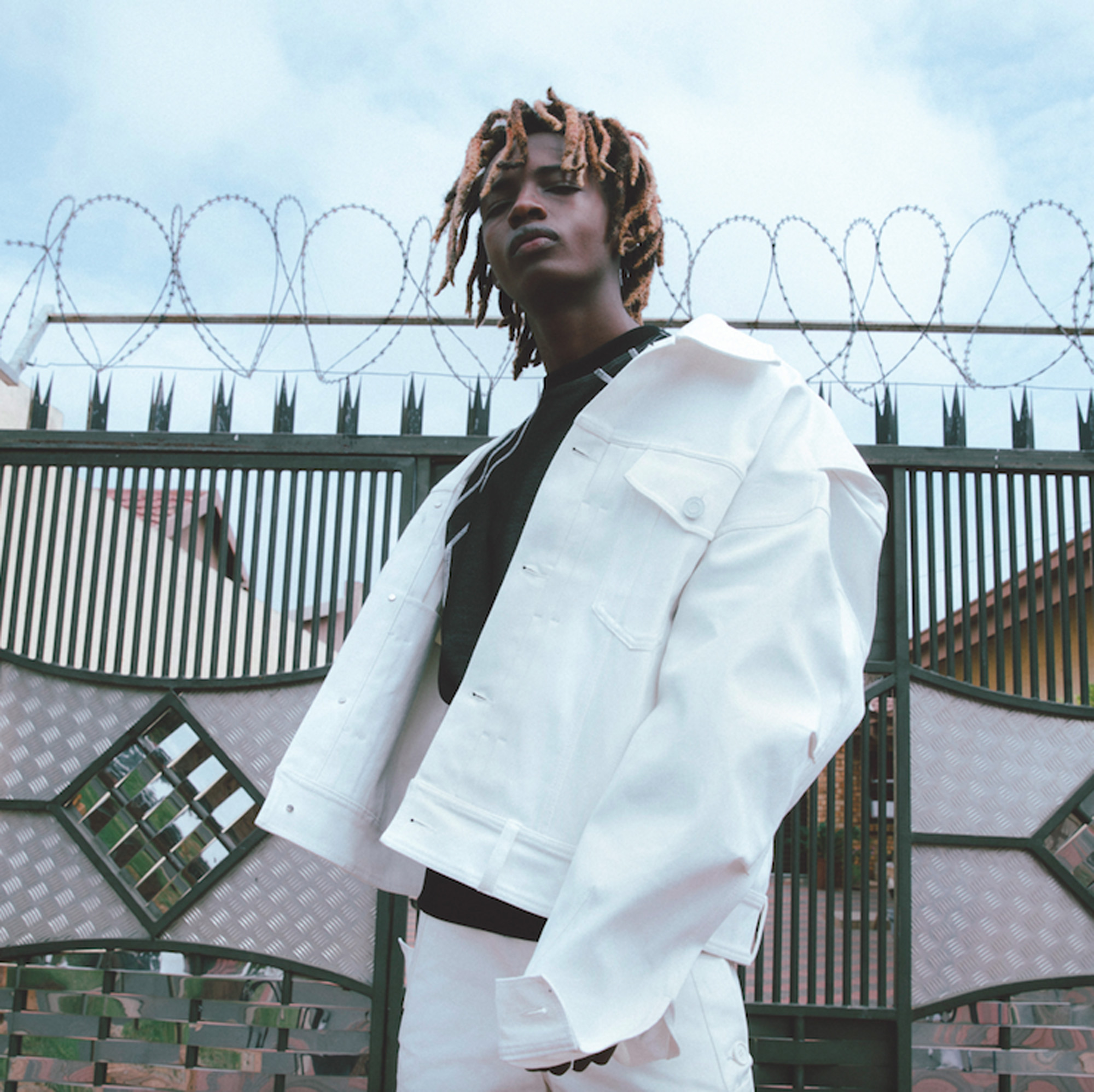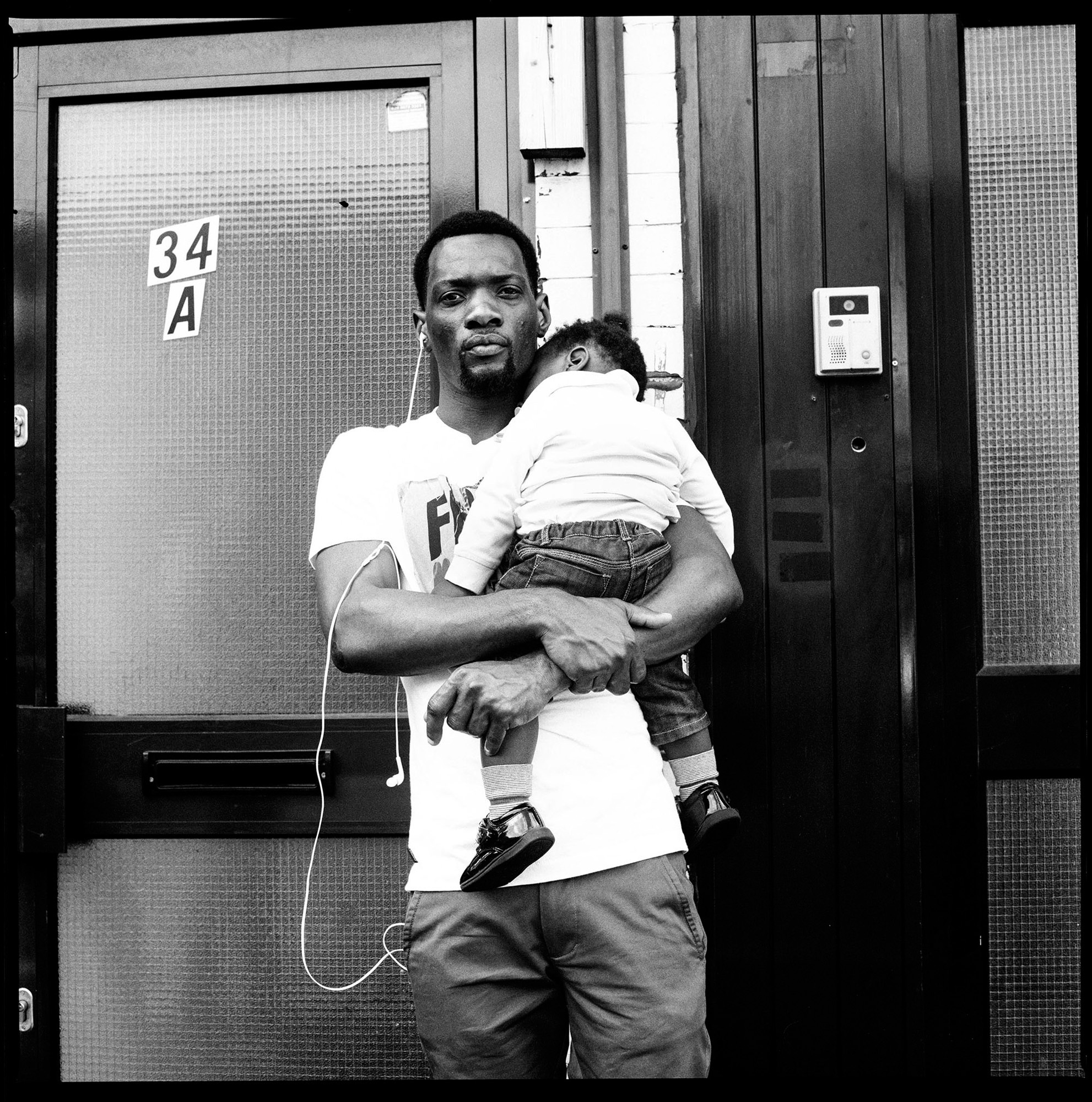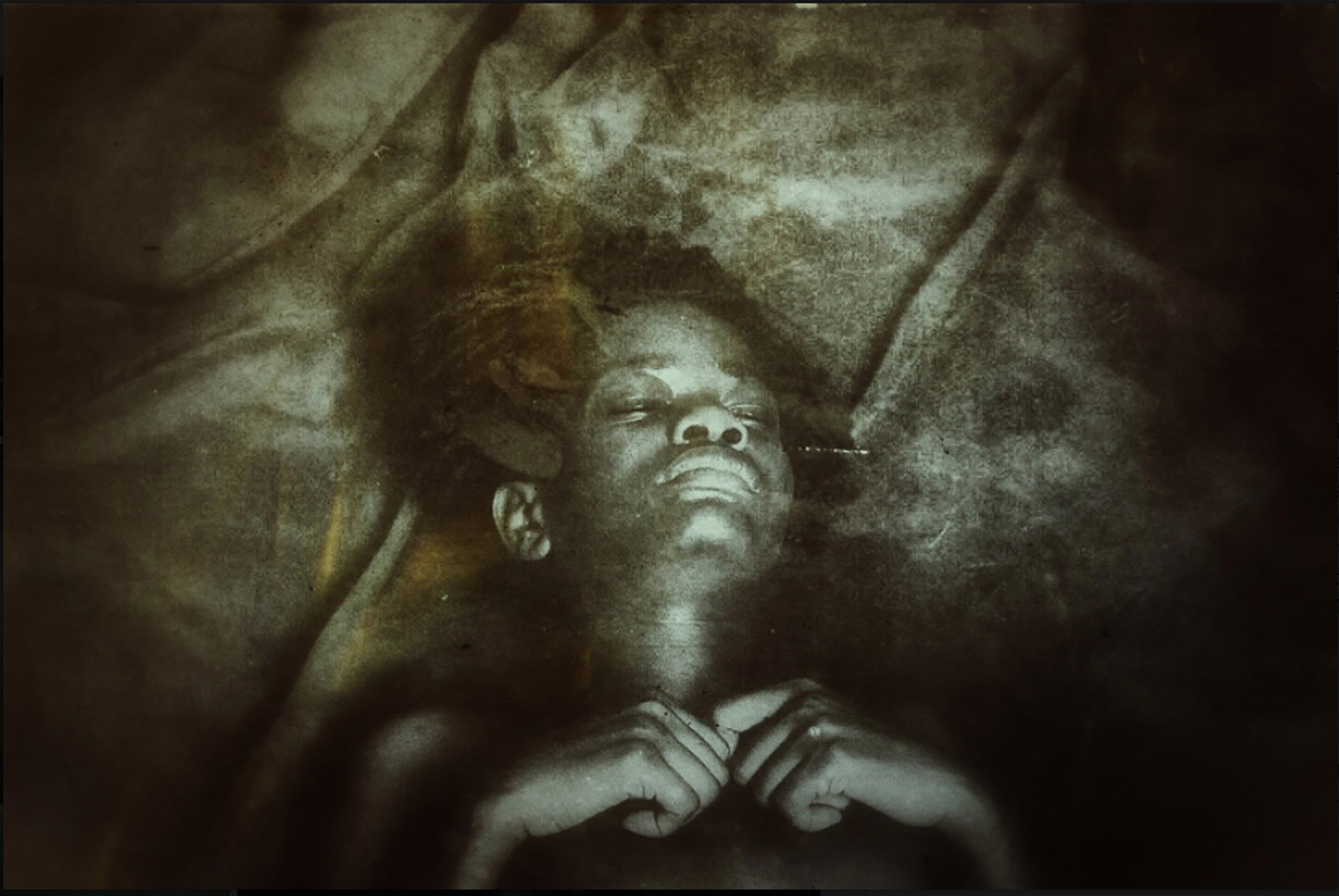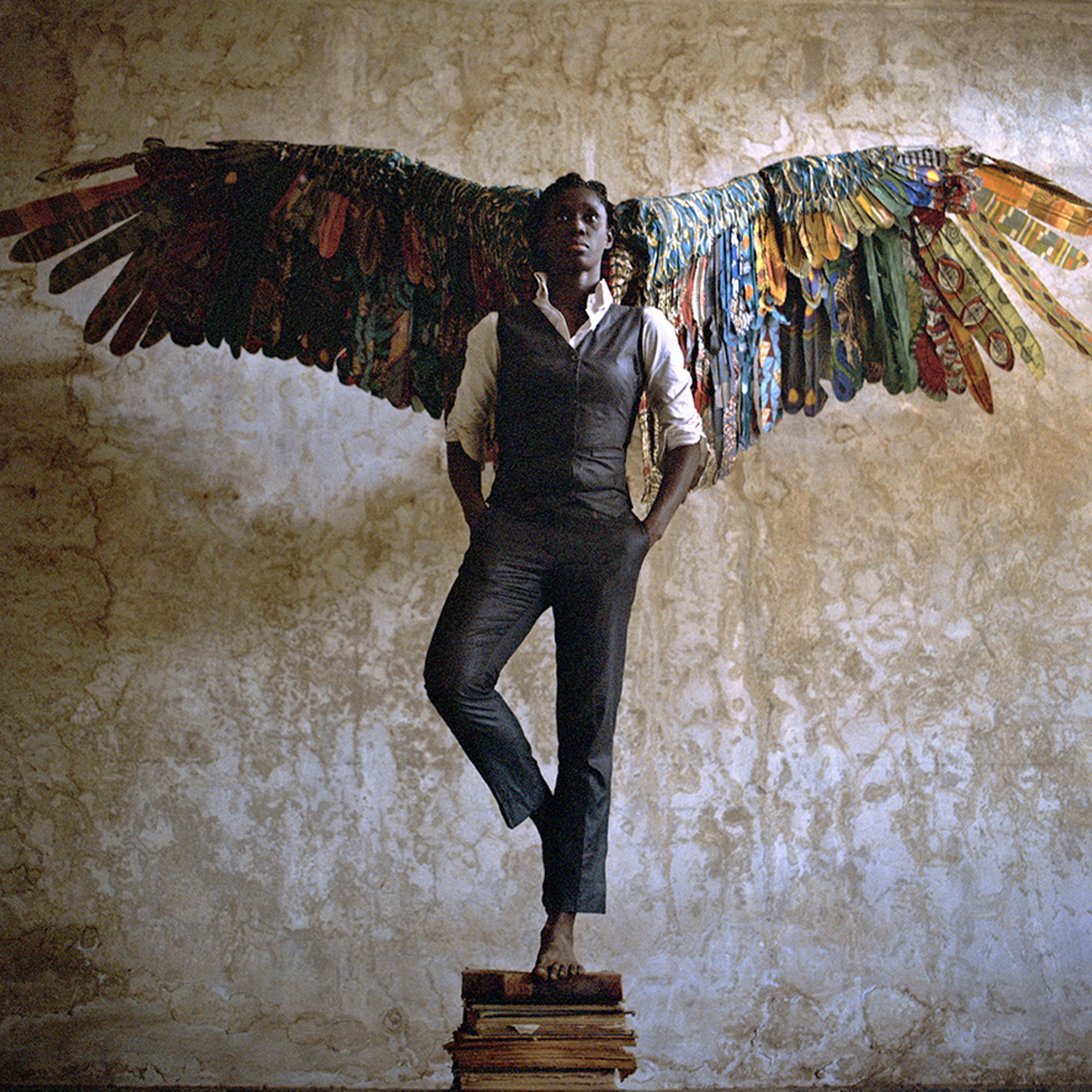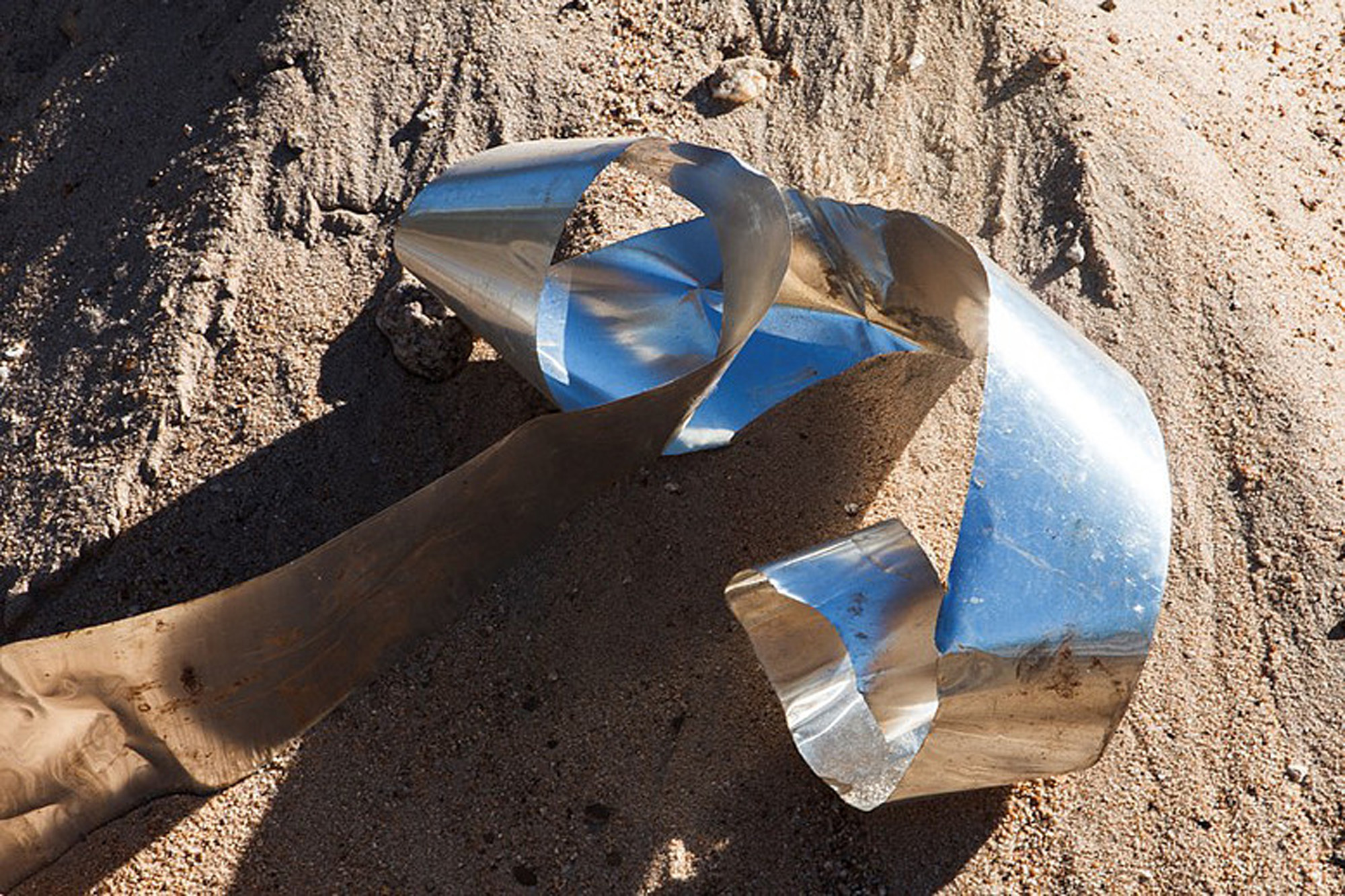Nataal is a media partner for Britain’s first major African photography prize this October
Nataal is proud to announce the inaugural launch of the Africa MediaWorks Photography Prize, a major new platform and exhibition space prize for contemporary photographers working across genres in the African continent, or reflecting the experience of the African diaspora. The new prize will showcase artists who have begun to build a reputation for their high-quality work and are now being recognised globally.
In its first year, the exhibition will exhibit artists based in countries as varied as Nigeria, Kenya, South Africa, Ethiopia, Benin and Senegal, as well as artists with diverse African heritage working in the UK. The photographers work across portraiture, landscape, street photography, architectural studies, fashion and conceptual modes of thinking. A distinguished international jury have nominated 15 photographers, and a shortlist of six photographers will go on display at the gallery of HKS Architects in London’s Fitzrovia from 4-11 October 2018. One overall winner will be awarded with a £5,000 prize towards a further body of work.
Professor Steve MacLeod, who has produced and curated the exhibition in partnership with the broadcasting company AfricaMedia Works, says: “The quality of fine-art and contemporary photography across the African continent is astonishing, and should be considered in the same breath as the best photographic artistry of the West. AfricaMedia Works Photography Prize is a presentation of great works by artists that deserve more recognition. We hope the prize will become a permanent fixture on the London photography scene.”
Among the shortlisted work is Alun [Be]’s series Edification, which explores the role of technology in the lives of young Africans via portraits of children playing on the beach whilst perceiving the world around them through automated reality visors. Alun [Be] was born in Dakar, Senegal and spent his childhood between France, the United States and West Africa. Alun's personal projects focus on the human condition in public spaces, incited by his studies in San Francisco where he received his MA in Architecture. Of the series, he says: “Edification is an exploration of the impact of technology on society. The intention of this exhibit is to provide a visual narrative of faith in a digital future in which humanity teeters on the cusp of fully merging with technology.”
Laeila Adjovi’s Malaika Dotou Sankofa is a conceptual exploration of identity, which in its defiant usage of portraiture, recalls the works of the seminal Rotimi Fani-Koyade. Laeïla Adjovi is a Beninese and French national who grew up in Gabon and South Africa, studied political sciences and journalism in France and then lived in India and New Caledonia, before moving back to the continent. She lives and works in Dakar. She says: “I’m a self-taught photographer interested in documentary photography and photojournalism. My themes relate to social issues, daily life on the continent or the African cultural heritage.”
Nigerian photographer Rahima Gambo’s series Education is Forbidden sensitively explores the experience of teenage girls denied the opportunity to learn about the world due to the conservative cultural values of their homeland. Encompassing other media, Gambo contextualises the portraits of the girls alongside quotes from them, serving to highlight their hopes for their lives.
Also exhibited is Sabelo Mlangeni, a South African documentary photographer represented by Stevenson Gallery. Mlangeni was born in 1980 in Driefontein near Wakkerstroom in Mpumalanga. In 2001 he moved to Johannesburg where he joined the Market Photo Workshop, graduating in 2004. He won the Tollman Award for the Visual Arts in 2009. “I have been moving around Johannesburg and its closest suburbs as someone interested in story-telling about everyday life. I am concerned by the migration flow within the urban areas, especially in the context of the South African social landscape, heavily burdened by legislation then, and now by economic constraints,” he says. “In my early walks I found myself in many spaces where the situation and the living conditions were impossible to look at and to photograph. Then I started wondering, what to frame? Soon another side of the hardships emerged, and I attempted to capture that hidden beauty, that ordinary peace.”
Then there’s the haunting monochrome portraits of women from the series Redemption by Adeola Olagunju, a former graphic designer. The Lagos-based artist’s work explores themes around her sense of self and relationship to memory, a practice honed on residencies at Kuona Trust Centre for Visual Art in Nairobi, Kenya and the Lagos Photo Summer School exchange programme in Berlin, Germany. She was the recipient of the Lagos Photo Festival Award in 2012 and the Young Art Fund Amsterdam Award in 2013.
Also shortlisted is the series Chasms of the Soul by Michael Tsegaye, who lives and works in Addis Ababa, Ethiopia. After completing a diploma in painting in 2002, he switched to photography. He says: “As a photographer I try as much as possible to escape being pigeonholed. I place myself amongst my peers (painters and photographers) across the world. While the spirit of my culture – it’s traditions in music, poetry and literature – informs my photography, my goal is that of the artist; to understand my life and standpoint in the 21st century.”
The AMW judging panel comprises Artistic Director of the Musée de la Photographie de Saint-Louis Salimata Diop, Senior Curator of Photographs at the Victoria and Albert Museum Martin Barnes, Co-Founder and Editorial Director of Nataal magazine Helen Jennings, Founder of Rele Gallery and Curator of the Nigerian Pavilion at the Venice Biennale in 2017 Adenrele Sonariwo and Director of the Addis Fine Art Gallery Rakeb Sile.
Sonariwo said of judging the award: “Opportunities like Africa MediaWorks Photography Prize are so important for artists working in this medium. This is a great way to celebrate and encourage African artists in the Western sphere. Sometimes, African photography is too associated with photojournalism, and that has led to an often-negative portrayal of African culture. But photography has the ability to tell balanced and broad stories from any region and nation. Through photography, we can encourage an understanding of the complexities of our culture, identity and history. It’s a medium that allows us to connect.”
The full-list of nominated photographers are: Logor Olumuyiwa (Nigeria), Rahima Gambo (Nigeria), Etinosa Osayimwen (Nigeria), Stephen Tayo (Nigeria), Sabelo Mlangeni (South Africa), Alun [Be] (Senegal), Laella Adjovi (Benin), Adama Jalloh (UK/Sierra Leone), Campbell Addy (UK), Kristen-Lee Moolman (South Africa), Lakin Ogunbanwo (Nigeria), Michael Tsegaye (Ethiopia), Sarah Waiswa (Kenya), James Muriuki (Nigeria) and Adeola Olagunju (Nigeria).
Africa MediaWorks Photography Prize is at HKS Architects, London, from 4-11 October 2018


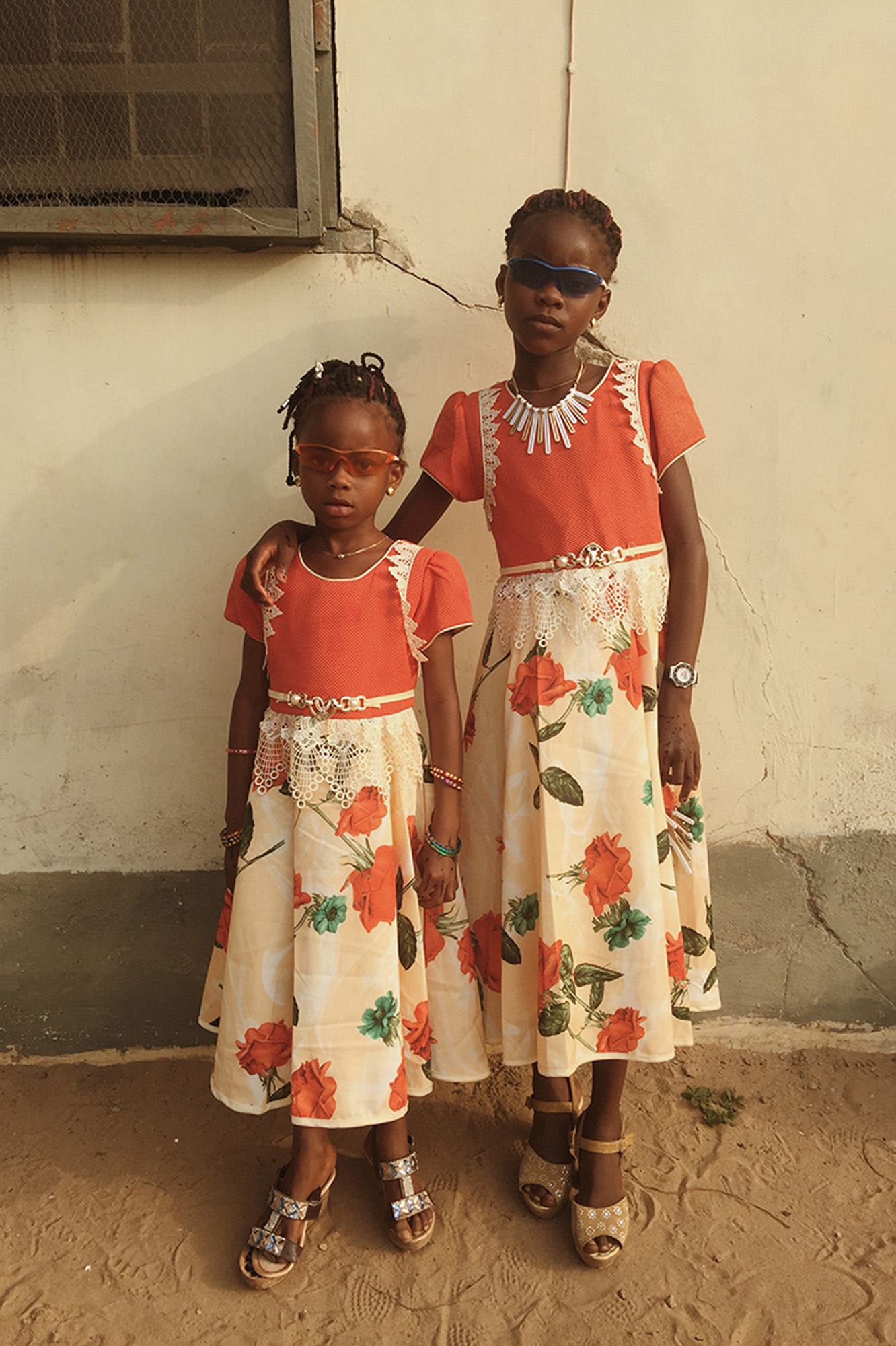

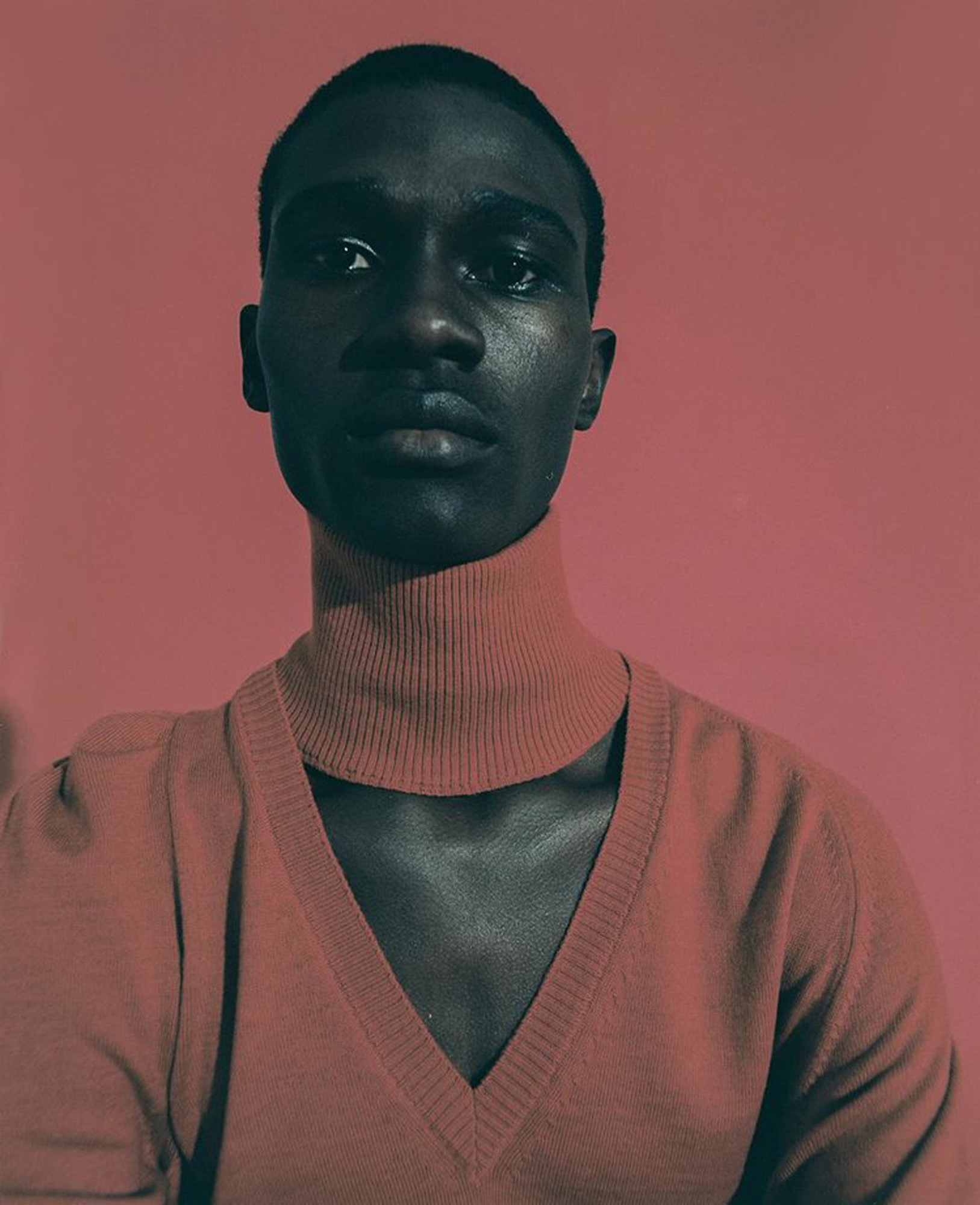
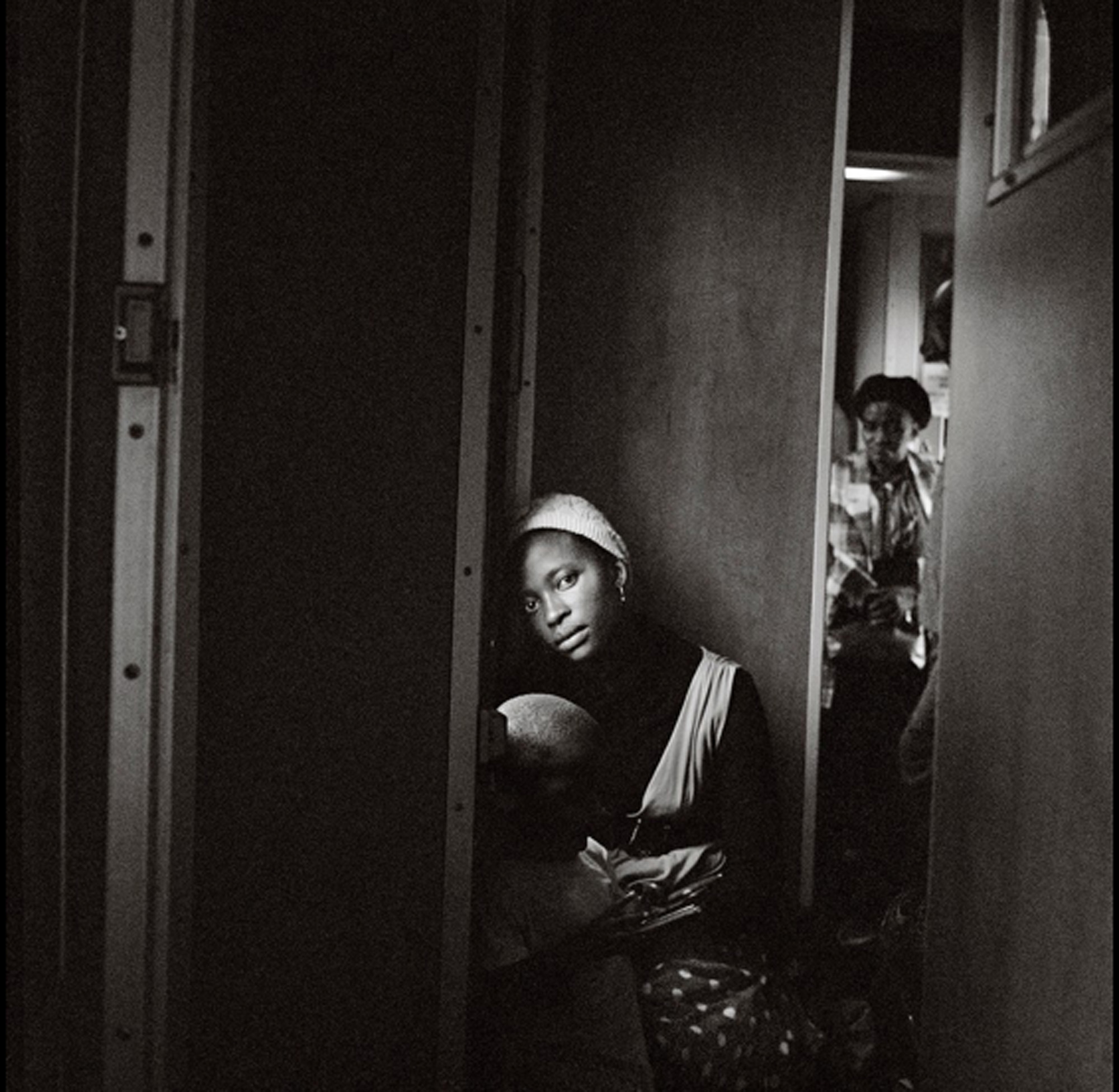
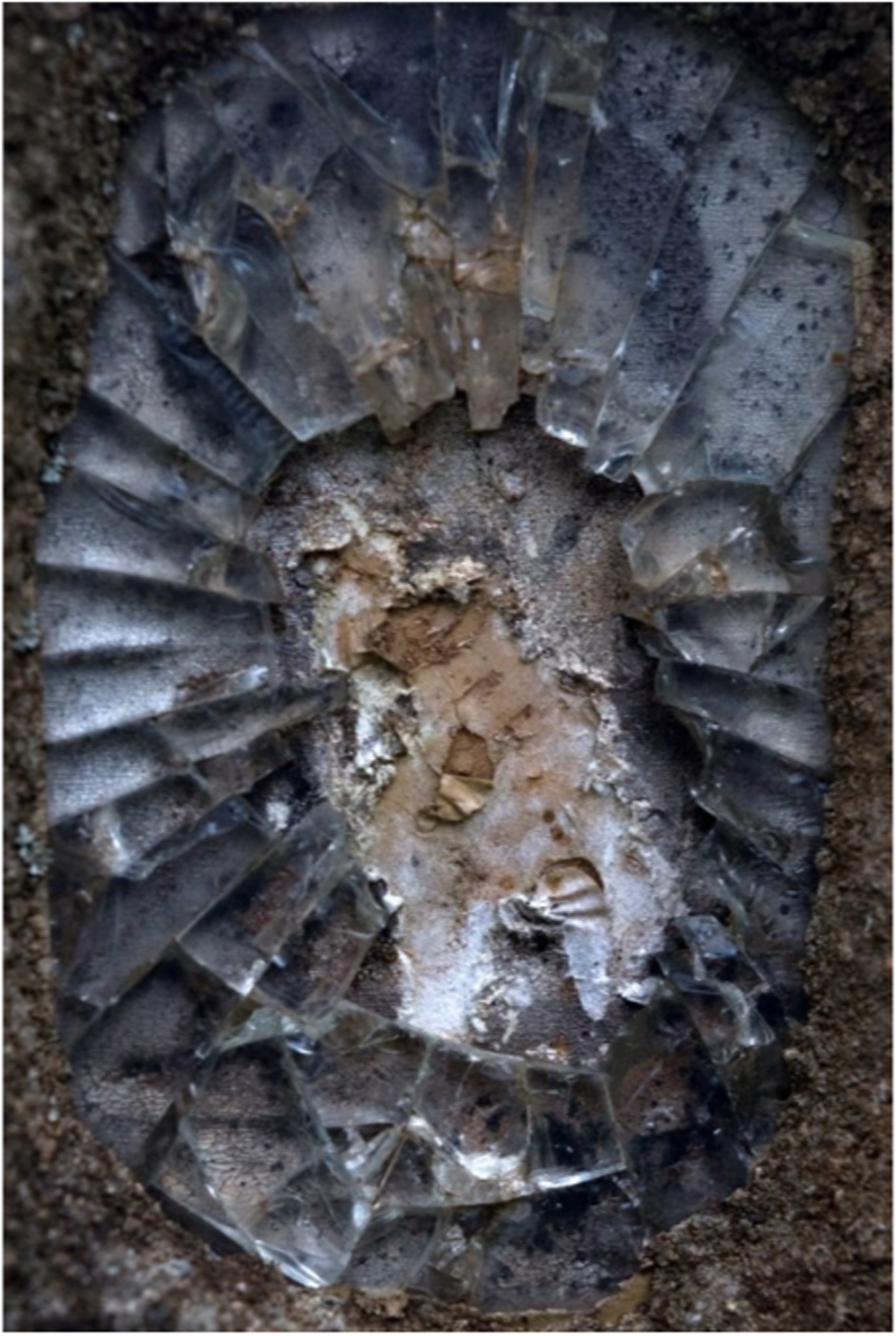
![From the series Edification © Alun [Be]](https://images.squarespace-cdn.com/content/v1/5534a426e4b0ed810ce8f891/1537528658568-681K6KKKX60YV4TQ1PO7/1.Alun+%5BBe%5D.jpg)

